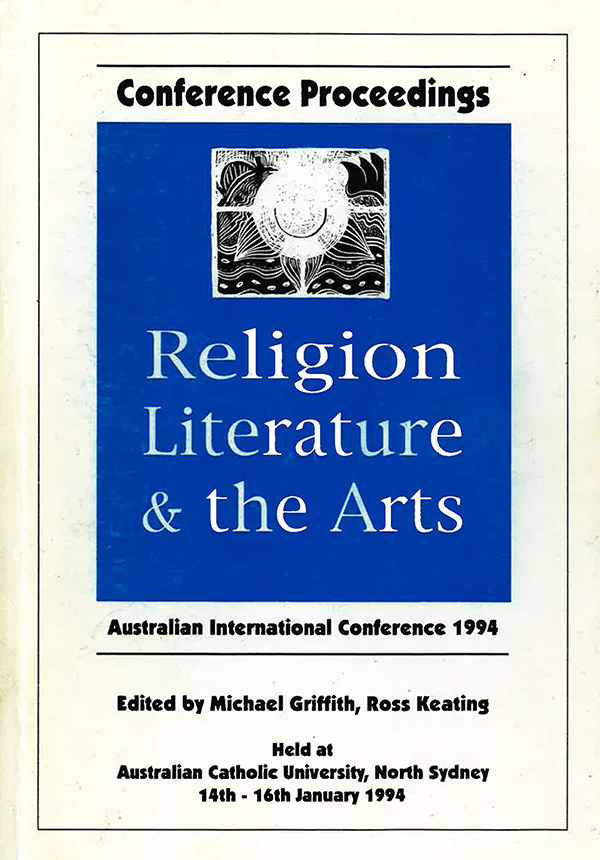‘In the Word Is Its Beginning’: A Lacanian Connection between Mysticism and Poetic Language
Abstract
The general theme of my proposed paper depends on a Lacanian psychoanalytic explanation of direct mystical experience - a reading which need not be seen as reductive, but nonetheless implicates mysticism closely with the fact that humans are fundamentally linguistic creatures, bounded and encompassed by the language they employ. My argument will be that Lacanian insights help to reveal the intimate (and, I would argue, universal) connection between poetic language and mysticism. It consequently permits a method of critical analysis of individual poems (including those of mystics, such as St John of the Cross) that illustrates language being used against itself, against its own domination - as the theorists Barthes and Kristeva already imply. My additional assertion is, however, that this subversion is directed specifically towards the inculcation of a distinctive emotional state qualitatively similar to that felt by religious mystics themselves on their own ground. This is to say that the 'poetical' is directly identifiable with a 'mystical' attitude towards language and its function, and many of its special freedoms derive from this fact. Also implied is a certain necessary 'poetical' and hence 'mystical' view of reality itself. Such a connection shows why many poets have been intuitively attracted to mystical themes, and I shall illustrate my claims with examples drawn from Eliot's Four Quartets and from Wordsworth and Coleridge.Downloads
Published
2017-03-09
